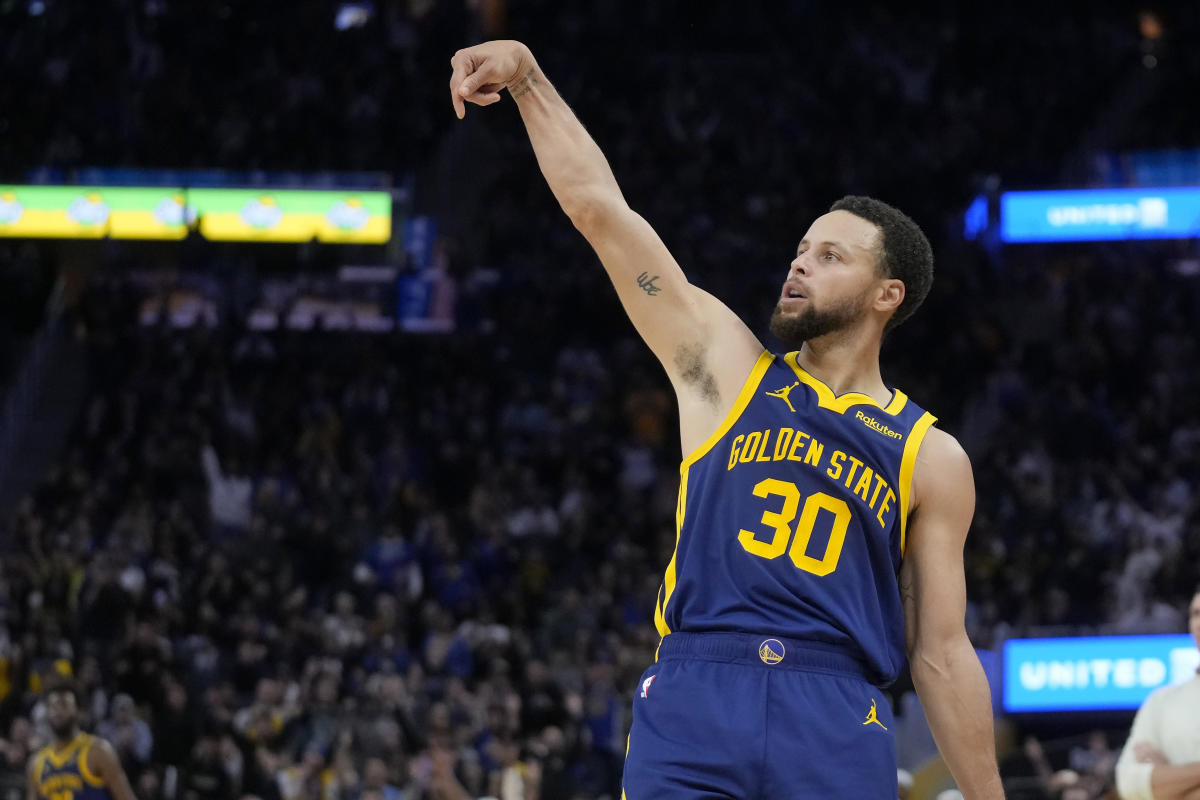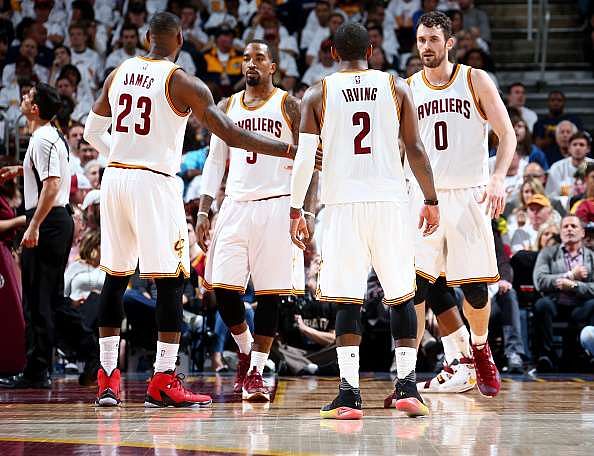Activision Blizzard Acquisition: FTC Challenges Court Decision

Table of Contents
The Court's Initial Ruling and its Rationale
A US District Court initially ruled in favor of Microsoft's acquisition of Activision Blizzard, dismissing the FTC's attempt to block the deal. The court's reasoning centered on the argument that the merger was unlikely to substantially lessen competition in the gaming market. This decision was met with mixed reactions, with some celebrating the deal's potential benefits and others voicing concerns about its impact on competition.
Key aspects of the court's decision included:
- Microsoft's Arguments: Microsoft successfully argued that the acquisition would benefit consumers through expanded access to games and innovative technologies. They emphasized the continued availability of Call of Duty across multiple platforms, a key point of contention.
- FTC's Arguments: The FTC countered that the acquisition would give Microsoft undue market dominance, particularly in the console gaming market. Their primary concern revolved around Microsoft's potential to leverage Call of Duty and other Activision Blizzard titles to stifle competition from rivals like Sony.
- Court Concerns (or lack thereof): The court ultimately found the FTC's evidence insufficient to demonstrate a substantial lessening of competition, a critical element in antitrust cases. Specific concerns regarding anti-competitive practices, like exclusive deals or price hikes, were not deemed persuasive enough to warrant blocking the merger.
The FTC's Appeal and its Arguments
Undeterred by the initial setback, the FTC appealed the court's decision, arguing that the judge misapplied antitrust law. The FTC continues to maintain that the Microsoft-Activision Blizzard merger will harm competition within the gaming market, leading to higher prices, reduced innovation, and less choice for consumers.
The core of the FTC's appeal rests on these points:
- Call of Duty Dominance: The FTC emphasizes Call of Duty's immense popularity and market share, arguing that Microsoft's control over the franchise would give them an unfair advantage and stifle competition.
- Anti-Competitive Practices: The FTC alleges that the acquisition would allow Microsoft to engage in anti-competitive practices, potentially making Call of Duty exclusive to Xbox or hindering its availability on competing platforms.
- Impact on Consumer Choice: A central argument highlights the potential negative effects on consumers, including higher prices for games, fewer choices in the marketplace, and less innovation due to reduced competition. The FTC presented further evidence and arguments not initially included in their original lawsuit.
Potential Outcomes and Implications for the Gaming Industry
The FTC's appeal could significantly impact the future of the gaming industry and set a precedent for future mergers and acquisitions. Several potential scenarios exist:
- FTC Victory: If the FTC successfully overturns the court's decision, the acquisition would be blocked, dealing a significant blow to Microsoft's ambitions and potentially influencing future M&A activity within the tech and gaming sectors.
- Court Upholding Initial Ruling: Should the court uphold its initial decision, the acquisition will proceed, potentially reshaping the competitive landscape of the gaming industry and raising concerns about market concentration.
- Long-Term Effects: Regardless of the outcome, this case will undoubtedly influence antitrust law and regulation, shaping how future mergers and acquisitions within the gaming industry are evaluated and potentially influencing the overall competitive landscape for years to come. This includes effects on game pricing, consumer choice, and the development of new gaming technologies.
Conclusion: The Future of the Activision Blizzard Acquisition – What to Expect
The FTC's challenge to the Microsoft Activision Blizzard acquisition represents a critical moment for the gaming industry and antitrust law. The arguments presented, focusing on market dominance, anti-competitive practices, and consumer welfare, highlight the complexities of regulating mergers in the rapidly evolving digital landscape. While predicting the outcome remains challenging, this legal battle is far from over and carries significant implications. To stay informed about further developments in this landmark case, subscribe to our newsletter or follow reputable gaming and legal news sources. The fight over the Microsoft Activision Blizzard deal is far from over.

Featured Posts
-
 Test Your Nba Expertise A Comprehensive Most Improved Player Award Quiz
May 07, 2025
Test Your Nba Expertise A Comprehensive Most Improved Player Award Quiz
May 07, 2025 -
 Curry Crowns All Star Weekend New Format Falls Flat
May 07, 2025
Curry Crowns All Star Weekend New Format Falls Flat
May 07, 2025 -
 Steelers Face Crucial Decision Retain Pickens Or Risk Losing Him Before 2026
May 07, 2025
Steelers Face Crucial Decision Retain Pickens Or Risk Losing Him Before 2026
May 07, 2025 -
 Ovechkins Future With Dynamo Moscow Advisor Role And Management Potential
May 07, 2025
Ovechkins Future With Dynamo Moscow Advisor Role And Management Potential
May 07, 2025 -
 Nba Playoffs Cavaliers First Round Matchup Officially Announced
May 07, 2025
Nba Playoffs Cavaliers First Round Matchup Officially Announced
May 07, 2025
